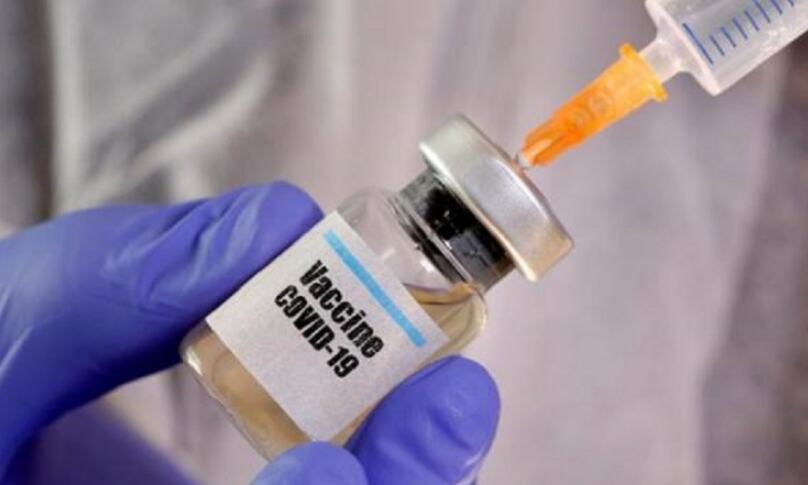Much to gain

On January 16, India officially initiated the world's largest vaccination campaign. As of now, the stated goal is inoculating 300 million people within the first six to eight months of 2021. For the most part, India's well-laid out and scientific approach has found much appreciation worldwide with WHO praising India for taking decisive and monumental decisions in order to end the spread of the virus. The WHO, like many other commentators, has pegged India as being central to the overall global effort for combatting the pandemic. This assertion rests on India's reputation as the 'pharmacy of the world' and the world's largest vaccine producer by volume. India is being seen as an enduring light of hope for poorest nations that risk being waylaid in the race of vaccine nationalism. Recent reports have shown that as much as 96 per cent of the initial supply of the Pfizer vaccine and all of the initial batch of the Moderna vaccine was snapped up by the wealthiest nations in early deals with the manufacturers. This and a variety of other factors including vaccine patents could ensure that the world as a whole will not be vaccinated for quite some time to come whereas certain countries who have secured a surplus of supplies could reasonably conclude their vaccination efforts within this year. It cannot be overstated that there is no path for the world to rid itself of COVID-19 so long as even a single nation still remains under its grasp. In this regard, many regard this expectation of India as not just a moral responsibility but also a great diplomatic opportunity for India.
India will naturally not be alone in this endeavour. China, Russia and the US are all 'rivals' in this game of currying diplomatic currency by way of vaccines. The prevailing view is that the soft power and influence gained from such an endeavour could allow the aforementioned nations opportunities to make diplomatic inroads on a level that little else could compare to. Take the example of China. Even nations that have expressed apprehensions regarding China's tendency to practice debt-trap diplomacy with under developed or developing countries cannot reasonably deny the offer of millions of vaccine doses delivered cheaply. Aside from the interest that Chinese vaccines have garnered in Africa, countries like Turkey, Pakistan and Brazil have also placed orders with Chinese vaccine makers. China's vaccination policy is a clear contrast from a US-first type of approach that forgoes ambitions of foreign policy gains. China is, in effect, attempting to create a narrative where it is not part of the problem but rather the solution. The more the wealthier westerm nations resort to vaccine nationalism, the more valuable vaccine diplomacy becomes to China's efforts to reverse the prevailing view of the nation at this point. Russia likewise has made clear indications that it will use its vaccines for the express purpose of gaining diplomatically. Russia, as memory may serve, was the first nation to actually approve a vaccine for general use. At that point, the hasty release and advertising of the Sputnik vaccine made it a target of much international scepticism regarding the efficacy and safety of the vaccine that had little in the way of documentation to back it up. Nevertheless, as the mad rush to secure vaccine supplies, any vaccine supplies ensued, previously staunch sceptics still took up Russia on its offer. The common pattern that has plagued these attempts at vaccine diplomacy is that the cheaper and more readily available vaccines offered by Russia and China are often marred by conflicting reports on the safety and efficacy of the vaccines with different nations reporting drastically different results in trials undertaken across the world. It is vital for India to avoid the same characterisation. Already doubts have been raised in the nation and internationally regarding the lack of sufficient data on one of the two vaccine candidates. Newspapers have also reported that vaccination turnout for the two vaccines amongst the first tranche has been slow to pickup as apprehensions regarding potential side-effects loom over what may well be an otherwise well-oiled vaccination machine. The stakes are high and there is much to be gained as the world looks on with expectations.



